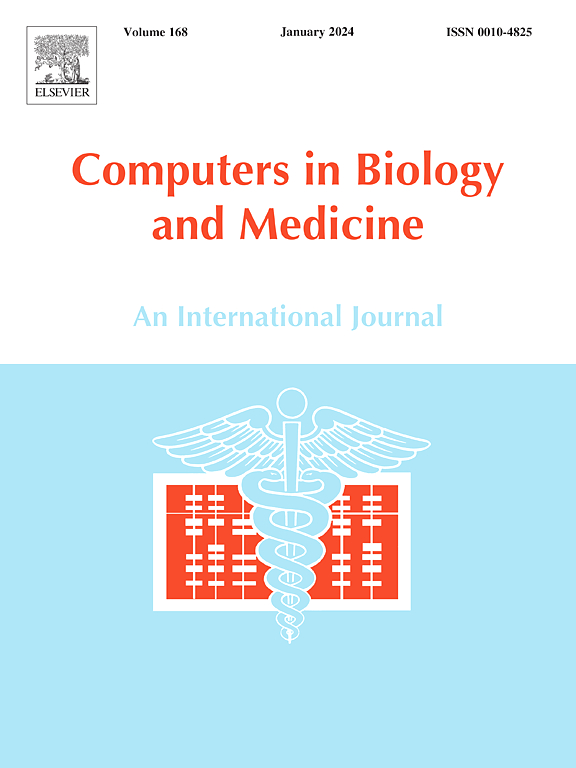使用浅层和深度学习技术基于脑电图检测重度抑郁症的进展:系统综述
IF 6.3
2区 医学
Q1 BIOLOGY
引用次数: 0
摘要
当代对重度抑郁症(MDD)的诊断主要依赖于主观评估和自我报告的测量,往往导致不一致和不精确的评估。为了解决这一问题并促进早期干预,人们对利用客观标准(如通过人工智能(AI)技术分析的脑电图(EEG)特征)越来越感兴趣。本系统综述探讨了基于脑电图的重度抑郁症检测方法的进展,包括浅层和深度学习方法,目的是加强对该疾病潜在神经机制的理解,并确定其诊断的潜在生物标志物。按照PRISMA的指导方针,对Scopus、IEEE explore和ScienceDirect数据库进行了全面的检索。最初的搜索产生了5603篇文章;经过严格的筛选和应用纳入和排除标准,22项研究被认为与本综述最相关。主要EEG标记包括频带功率、EEG不对称、事件相关电位(ERP)分量以及功能和非线性连接指标。研究结果证实了这些措施在区分重度抑郁症患者和健康对照者方面的效用。尽管有这些令人鼓舞的结果,但回顾表明需要进一步的研究来提高脑电测量在重度抑郁症背景下的可解释性。展望未来的研究方向,以支持这一新兴领域的持续发展。本文章由计算机程序翻译,如有差异,请以英文原文为准。

Advances in EEG-based detection of Major Depressive Disorder using shallow and deep learning techniques: A systematic review
The contemporary diagnosis of Major Depressive Disorder (MDD) primarily relies on subjective assessments and self-reported measures, often resulting in inconsistent and imprecise evaluations. To address this issue and facilitate early intervention, there is a growing interest in utilizing objective criteria such as Electroencephalography (EEG) features analyzed through Artificial Intelligence (AI) techniques. This systematic review explores the advances in EEG-based detection of MDD using both shallow and deep learning methods, with the aim of enhancing understanding of the neural mechanisms underlying the disorder and identifying potential biomarkers for its diagnosis. Following PRISMA guidelines, a comprehensive search of the Scopus, IEEE Xplore, and ScienceDirect databases was conducted. The initial search yielded 5,603 articles; after rigorous screening and application of inclusion and exclusion criteria, 22 studies were deemed most relevant for this review. Key EEG markers, including frequency band power, EEG asymmetry, event-related potential (ERP) components, and functional and non-linear connectivity metrics, were examined. The findings affirm the utility of these measures in differentiating individuals with MDD from healthy controls. Despite these promising results, the review warrants the need for further research to enhance the interpretability of EEG metrics in the context of MDD. Future research directions are outlined to support the continued development of this emerging field.
求助全文
通过发布文献求助,成功后即可免费获取论文全文。
去求助
来源期刊

Computers in biology and medicine
工程技术-工程:生物医学
CiteScore
11.70
自引率
10.40%
发文量
1086
审稿时长
74 days
期刊介绍:
Computers in Biology and Medicine is an international forum for sharing groundbreaking advancements in the use of computers in bioscience and medicine. This journal serves as a medium for communicating essential research, instruction, ideas, and information regarding the rapidly evolving field of computer applications in these domains. By encouraging the exchange of knowledge, we aim to facilitate progress and innovation in the utilization of computers in biology and medicine.
 求助内容:
求助内容: 应助结果提醒方式:
应助结果提醒方式:


